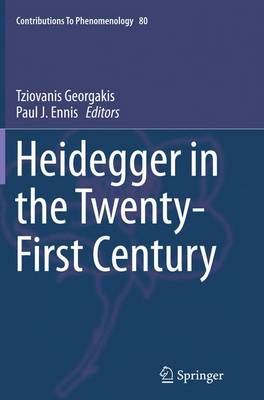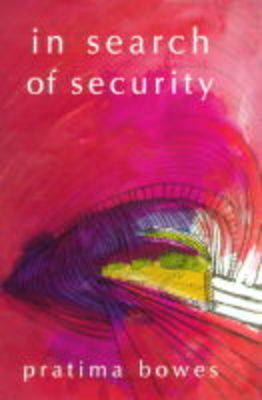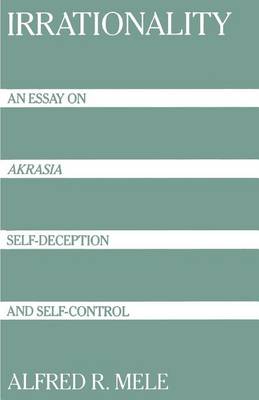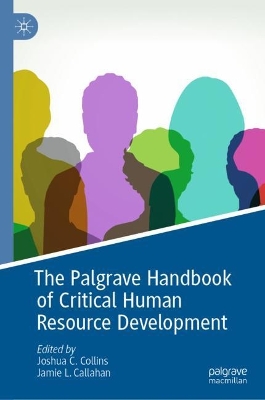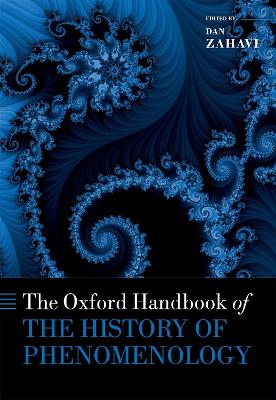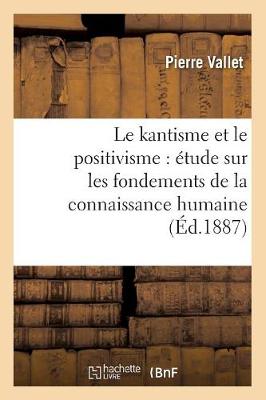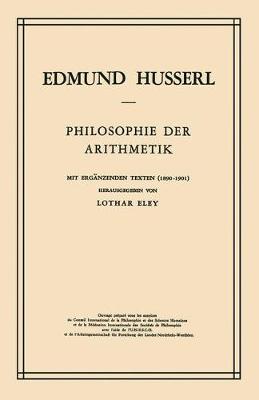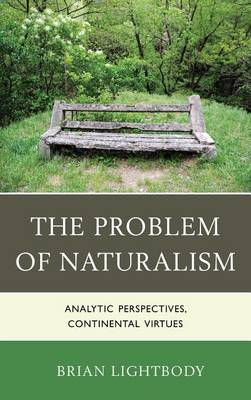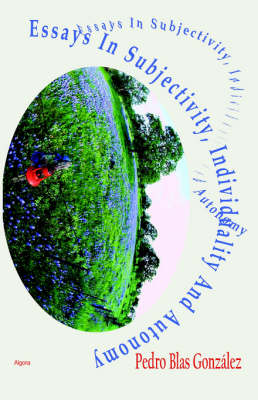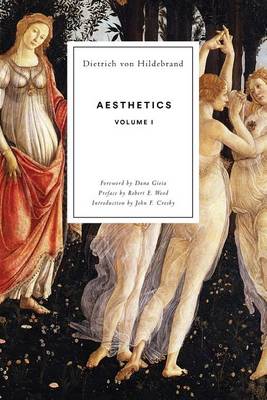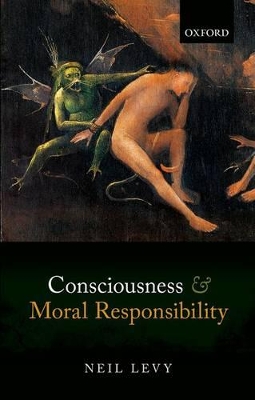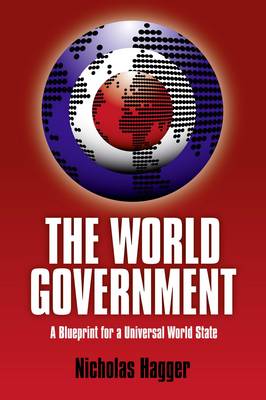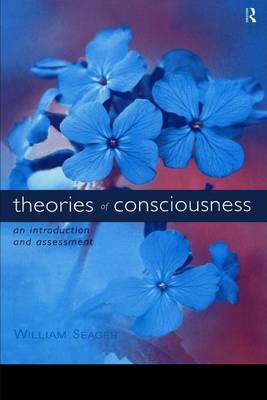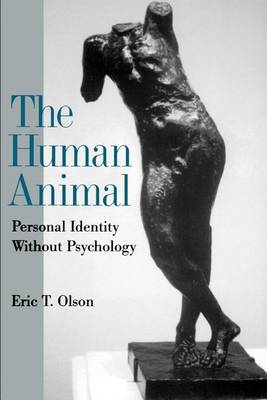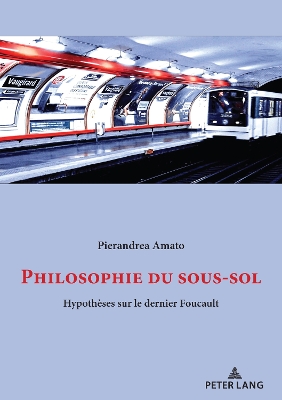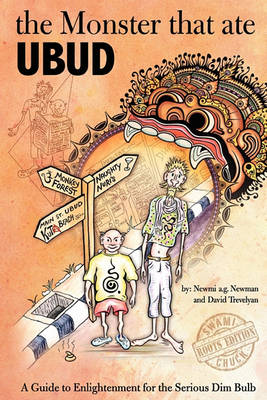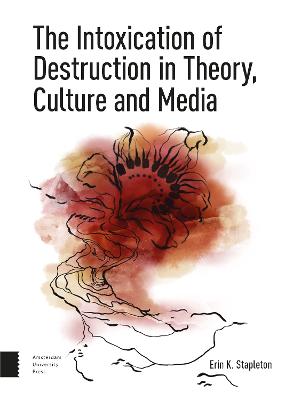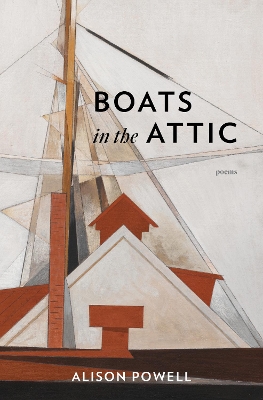Heidegger in the Twenty-First Century (Contributions to Phenomenology, #80)
The current volume is comparative and inter-disciplinary, and it provides a reflection on what thinking might become after Heidegger's philosophy. Its aim is to critically expand the current field of research by presenting unfamiliar and unchartered avenues that will guide and carry the Heidegger scholarship into the twenty-first century. By doing so, it addresses fundamental questions in the Heideggerian scholarship, including its problems, restraints, and future direction. It also engages and...
The philosopher Stanley Cavell once asked, "Can a human being be free of human nature?" On Ceasing to Be Human examines philosophical as well as literary texts and contexts, in which various senses of Cavell's question might be explored and developed. During the past thirty or so years, the very concept of "being human" has been called into question within such fields as cybernetics, animal-rights theory, analytic philosophy (neurophilosophy in particular). This book examines these issues, but i...
This far-reaching study of our needs and dri ves to attain security takes its references from religion, p olitical and economic systems, science and spiritualism, and it will appeal to anyone questioning how the world meets ou r basic needs. '
Irrationality: An Essay on Akrasia, Self-Deception, and Self-Control
by Werkmeister Professor of Philosophy Alfred R Mele
History and Truth (Studies in Phenomenology and Existential Philosophy)
by Paul Ricoeur
In this volume, Paul Ricoeur investigates the antinomy between history and truth, or between historicity and meaning. He argues that history has meaning insofar as it approaches universality and system, but has no meaning insofar as this universality violates the singularity of individuals' lives. Imposing unity upon truth, or unifying the diversity of knowledge and opinion, creates a singular and universal history but destroys historicity and subjectivity. Allowing for singularities in history...
The Palgrave Handbook of Critical Human Resource Development
This handbook presents an expansive exploration of critical theory, critical perspectives, critical praxis, and the impact on the research, theory, and practice of Human Resource Development (HRD). Critical Human Resource Development (CHRD) aims to challenge the normative structures, practices, policies, definitions, and approaches which have historically dominated the field of Human Resource Development (HRD). As an approach to HRD, CHRD raises awareness of social systems, organizational polici...
The Oxford Handbook of the History of Phenomenology (Oxford Handbooks)
This Oxford Handbook offers a broad critical survey of the development of phenomenology, one of the main streams of philosophy since the nineteenth century. It comprises thirty-seven specially written chapters by leading figures in the field, which highlight historical influences, connections and developments, and offer a better comprehension and assessment of the continuity as well as diversity of the phenomenological tradition. The handbook is divided into three distinct parts. The firs...
Logos of Phenomenology and Phenomenology of the Logos. Book One
by England) World Congress of Phenomenology (3rd 2004 Oxford
Le Kantisme Et Le Positivisme: Etude Sur Les Fondements de la Connaissance Humaine (Ed.1887) (Philosophie)
by Vallet P
Philosophie Der Arithmetik (Husserliana: Edmund Husserl - Gesammelte Werke, #12)
by Edmund Husserl and L. Eley
Der Begriff der Zahl ist ein vielfacher. Darauf weist uns schon die Mehrheit verschiedener Zahlworter hin, die in der Sprache des gewohnlichen Lebens auftreten und von den Grammatikern unter 5 folgenden Titeln aufgefiihrt zu werden pflegen: die Anzahlen oder Grundzahlen (numeralia cardinalia), die Ordnungszahlen (n. ordinalia), die Gattungszahlen (n. specialia), die Wiederho- lungszahlen (n. iterativa), die Vervielfaltigungszahlen (n. multi- plicativa) und die Bruchzahlen (n. partitiva). DaB die...
Philosophers often use the term "naturalism' in order to describe their work. It is commonplace to see a metaphysical, epistemological and/or ethical position self-described and described by others as one that is "naturalized." But what, if anything, does the term naturalized add--or subtract---to the position being articulated? I demonstrate in The Problem of Naturalism: Analytic and Continental Perspectives, that the term naturalism connotes such a broad meaning that it is difficult to demarca...
Neil Levy presents an original theory of freedom and responsibility. Cognitive neuroscience and psychology provide a great deal of evidence that our actions are often shaped by information of which we are not conscious; some psychologists have concluded that we are actually conscious of very few of the facts we respond to. But most people seem to assume that we need to be conscious of the facts we respond to in order to be responsible for what we do. Some thinkers have argued that this naive ass...
World Government, The - A Blueprint for a Universal World State
by Nicholas Hagger
In The New Philosophy of Universalism Nicholas Hagger outlined a new philosophy that focuses on the oneness of the universe and humankind, and its applications for many disciplines, including international relations. In this work of political Universalism Hagger presents the long-yearned-for human dream of world government and a World State that would enforce peace. In the hands of conquerors or self-interested elites concerned to loot the Earth's resources to enrich themselves, this could be d...
Theories of Consciousness (Philosophical Issues in Science)
by William Seager
The most remarkable fact about the universe is that certain parts of it are conscious. Somehow nature has managed to pull the rabbit of experience out of a hat made of mere matter. Making its own contribution to the current, lively debate about the nature of consciousness, Theories of Consciousness introduces variety of approaches to consciousness and explores to what extent scientific understanding of consciousness is possible. Including discussion of key figures, such as Descartes, Foder, Denn...
Transformative Phenomenology captures the influence of phenomenology and hermeneutics on non-university-based scholar-practitioners who completed their doctoral education in later life, thus blending their workplace experiences with their intellectual interests. Contributions from seasoned university-based scholars expands our understanding of phenomenological inquiry in fresh ways. The concept of 'transformative phenomenology' springs from the long-term teaching and research experiences of Davi...
Human Animal, The: Personal Identity Without Psychology. Philosophy of Mind Series (Philosophy of Mind)
by Eric Olson
The Intoxication of Destruction in Theory, Culture and Media
by Dr Erin Stapleton
This book examines the desire for, and intoxication with destruction as it appears in cultural objects and representation, arguing that all cultural and aesthetic value is fundamentally predicated on its own fragility, as well as the living transience of those who make and encounter it. Beginning with a philosophy of expenditure after Georges Bataille, each chapter maps different operations of destruction in media and culture. These operations are expressed and located in representations of huma...
Boats in the Attic is a sweeping, poignant exploration of what it means to be an individual and, in particular, what it means to be a parent of young children, in our current time of crisis. Errands must be run, the radio plays, and the child wants the birthday girl’s balloon-- all while sea levels are rising and wild wolves roam the acres of Chernobyl, “developing a cryptography to a century / to which we are not invited.” In this dynamic collection, Powell intersperses lyric flight and prose f...
